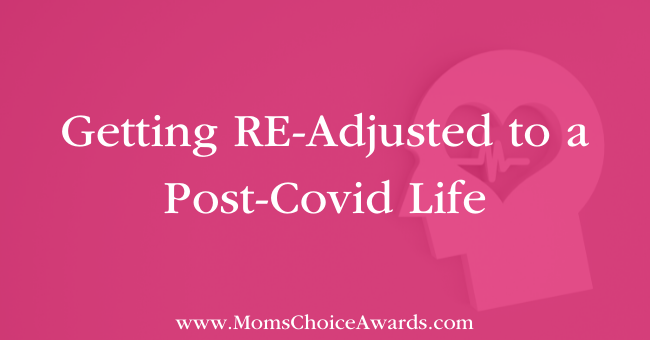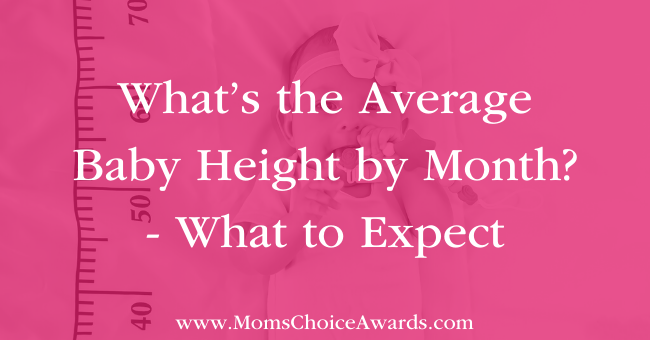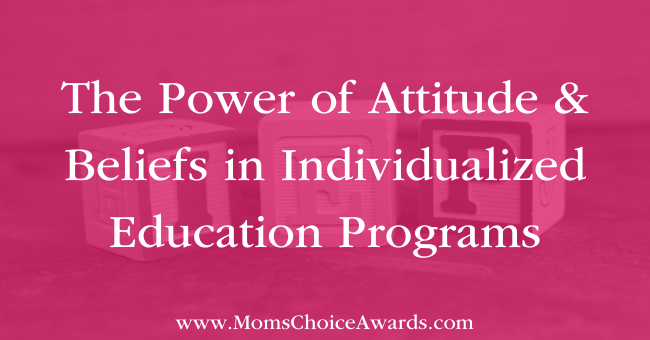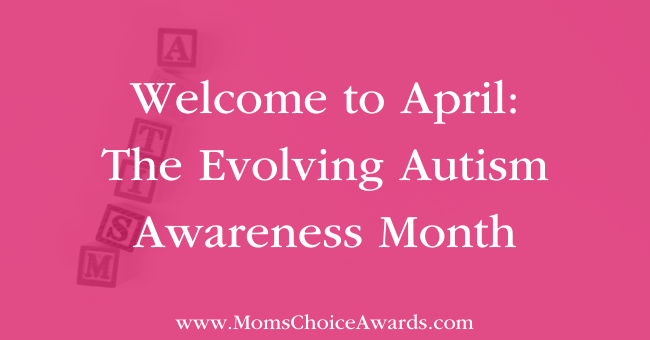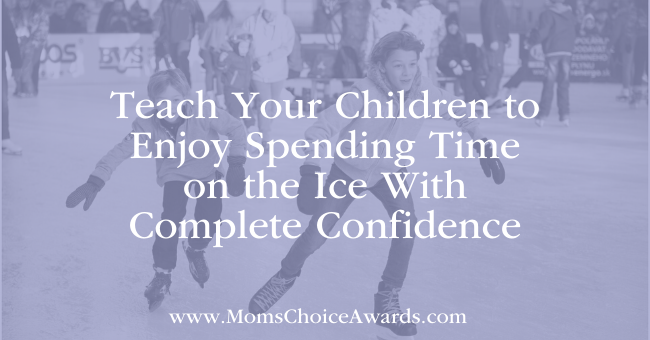One of the items on every new parent’s checklist is a stroller for the child. Every parent and child benefits from a good stroller, and it’s an investment that will last for years.
Let’s go over some of the factors to consider when buying the best stroller for your child. Read More


